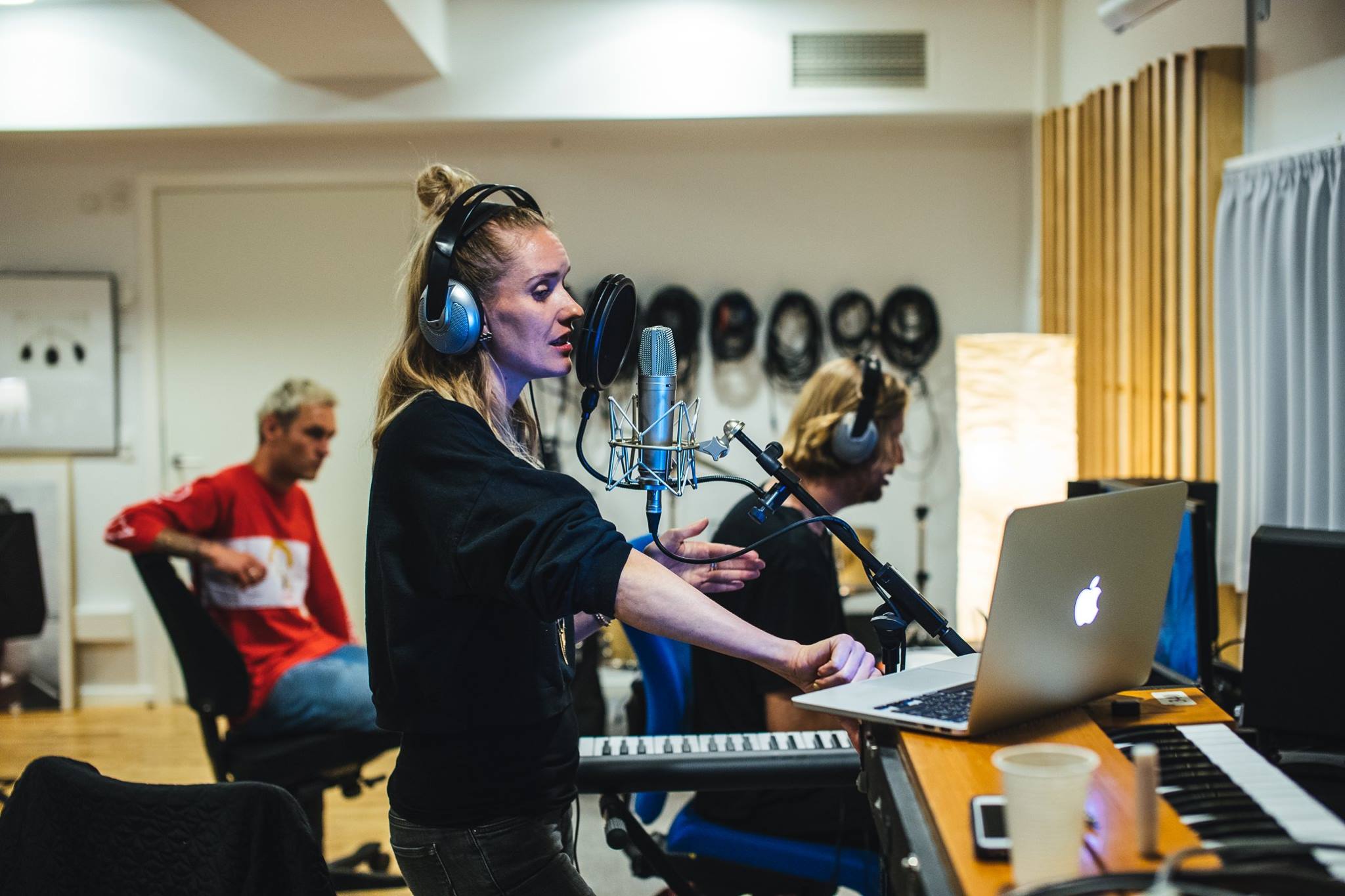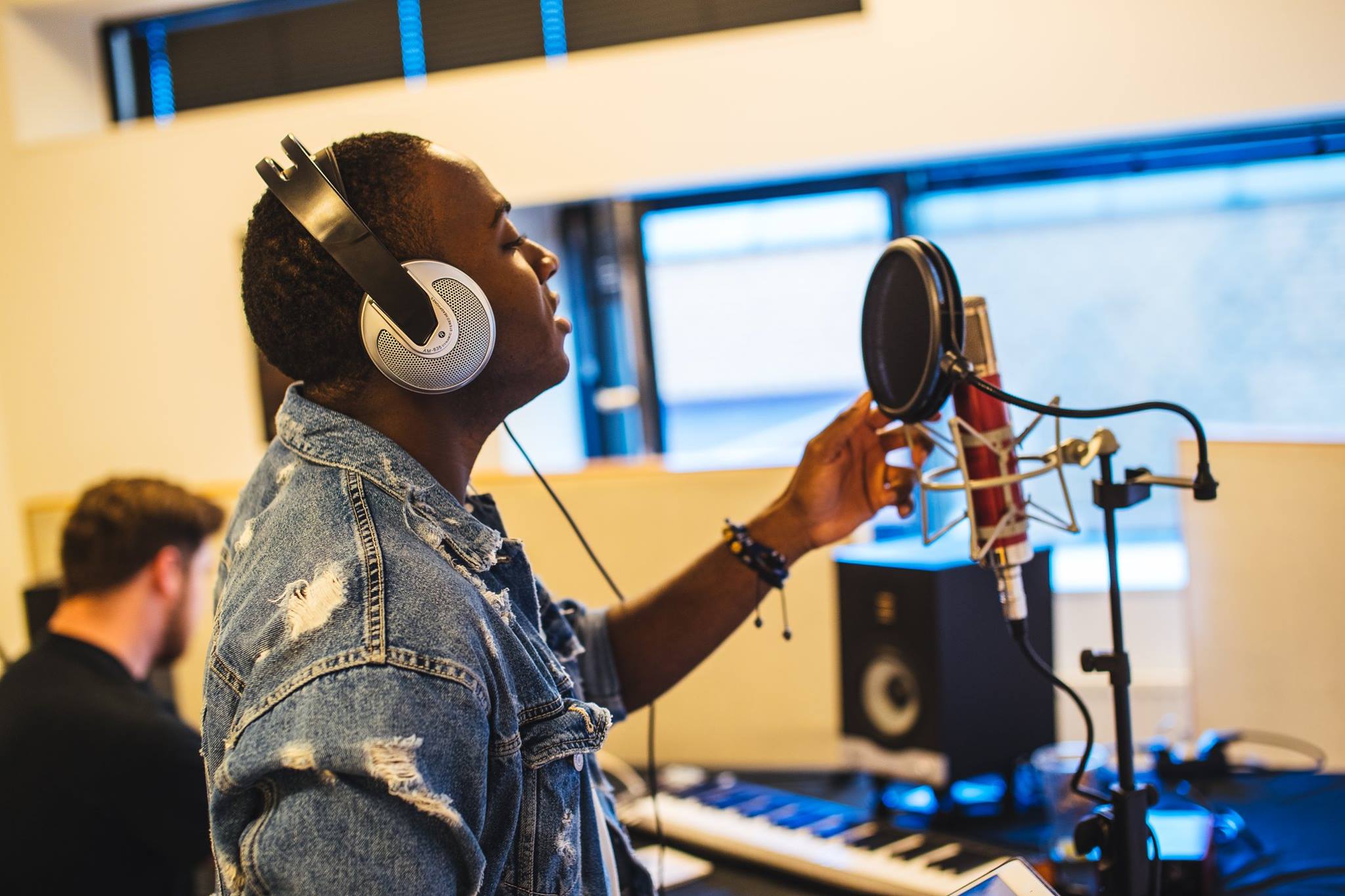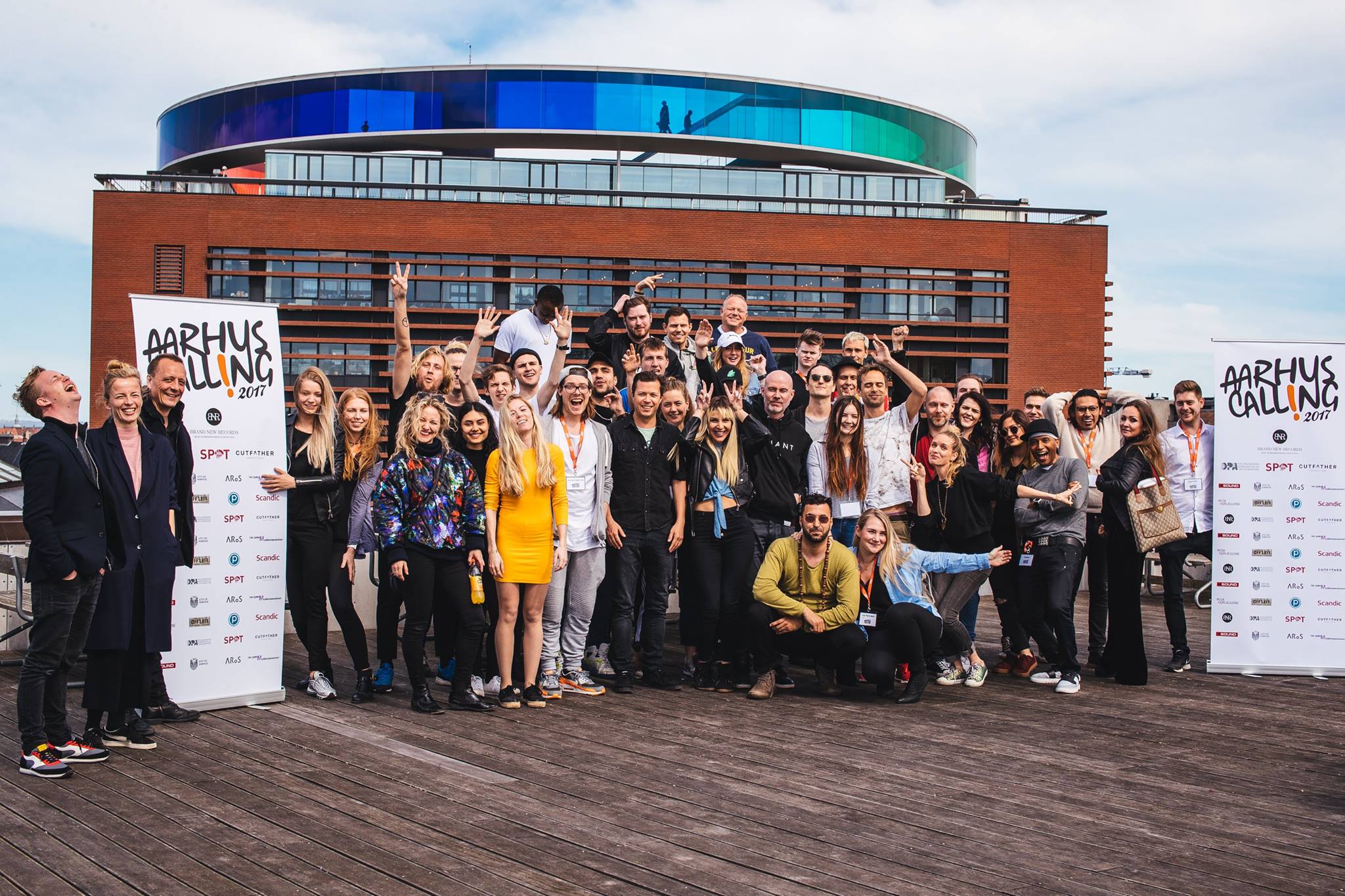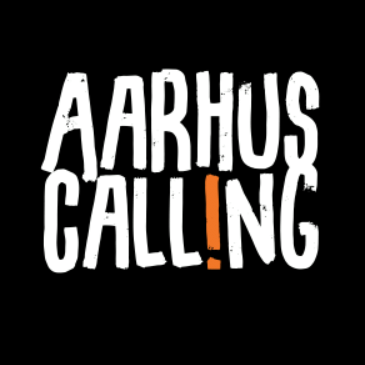The Art of Professionally Written Music on Demand

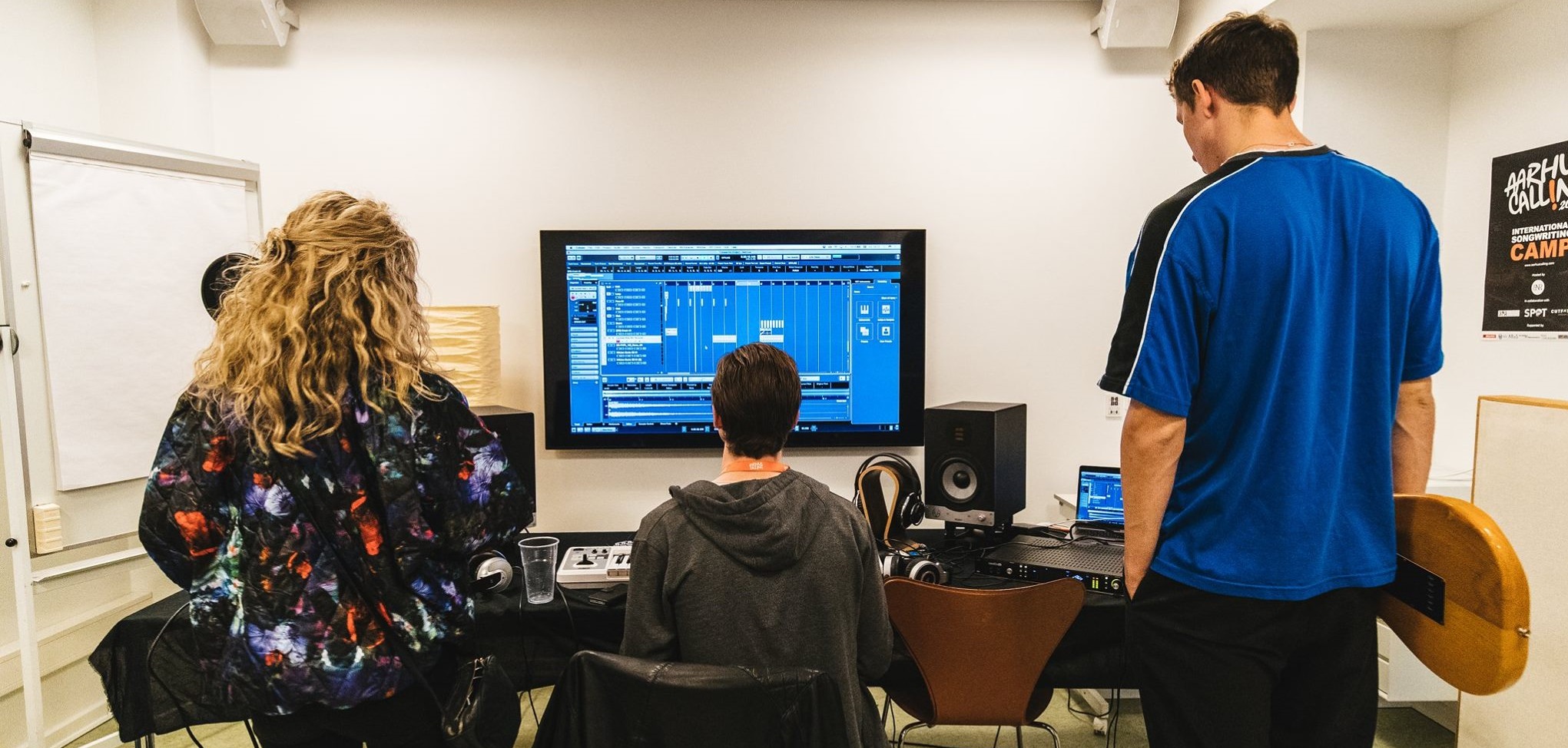
Artists don’t have to write their own songs, they just need to make them feel like their own. As Ricky Martin did with his billion-views hit “Vente Pa’Ca”, which was co-written by ten people at the Danish songwriting camp during SPOT, Aarhus Calling. But how does it work when artists don’t write their own songs and instead outsource the job to professional songwriters?
By Mikkel Wenzel Andreasen
The days of the tormented artist sitting alone in a cramped and dank room writing heartbreaking poetry aren’t necessarily over, but professionally written pop music hits are something the industry has come to rely on.
Not to say artists don’t write their own music, but much like building a house, it takes many craftsmen of different skills, and so does writing a catchy tune, as platinum-winning Danish producer and songwriter, Rewan Riko, who usually just goes by Rewan, explains.
“As a songwriter, there are typically two ways of going about the job. You either make the whole thing and pitch it to A&R’s or labels, but more often, the songs are written in collaboration with the artist. Being a professional songwriter means a lot of teamworking and getting to know the artist you’re working with and enabling them to express their thoughts and ideas. We’re basically craftsmen who are good at putting songs together, based on what the artist wants”, says Rewan, who is also the founder of the biggest Danish songwriter talent event, Aarhus Calling, which for the past three years has been a part of SPOT.
A camp that has proven its worth, in terms of producing successful music on a national as well as international scale.
Ricky Martin’s big hit “Vente Pa’Ca” from 2016 was co-written by ten attendees at Aarhus Calling and pitched to Sony Music by a publisher at the camp, and as of early 2018, the song has accumulated nearly 300 million plays on Spotify and an astonishing 1.3 billion views on YouTube.
Becoming a Songwriter takes Recognition
The road to becoming a songwriter isn’t just about taking the right courses and you’re on your way. It takes a lot of networking, practice and then some more practice.
That’s what some of the top Danes in the industry tell us.
Robin Hannibal is the Los Angeles-based artist and songwriter, who most recently was accredited songwriter and producer on “Bloody Waters”, part of the soundtrack of the billion-dollar grossing Marvel film, Black Panther.
“Everything takes networking, but I believe there are many ways of getting there; some A&R’s and labels have rooms full of songwriters just toiling away and pitching ideas. The other way of getting into songwriting and making a name for yourself is to start making music on your own, and by that merit becoming a name the industry is familiar with,” says Robin Hannibal.
The same idea of working your way up is prescribed by Rewan:
“You have to have already proven your level as a songwriter or musician. Once you’ve made something of a high enough quality, you then get asked to join in sessions, which are basically tryouts. In these sessions you need to keep proving your ability as a professional and a team player. After that, it’s just a matter of a proven track record and a steady list of achievements.”
Aarhus Calling mixes networking, talent, business and opportunity
When going about writing songs, there are roughly two distinct ways of achieving your goal: Either do sessions with the performing artist, getting to know him or her, investing time and trying to fulfill their goals or, there’s the other way of writing catchy pop-tunes: Buckling down and just getting into a creative state of writing good songs. Once the song is done, you can start thinking about who it’s meant for.
It’s the second way of doing things that’s in focus when determined songwriters meet up for the fourth year in a row to work with some of the best national and international established songwriters and producers at the songwriter camp Aarhus Calling during SPOT.
For this camp 12 songwriters are chosen from a pool of many talented applicants, to get to work with and be inspired by some of the best in the business.
As it turns out, this camp doesn’t just benefit the new talent, but gives everyone a chance to not only write, but also form strong networks across the business:
“The thing about the camp is, that everyone gets to meet each other, crossing nationalities, businesses and the level which you’re working at, from rookie to super star. The new talent benefits from getting to know what it takes to excel in the business, and the veterans get to meet the up and coming in the industry,” says Rewan and continues,
“And of course, you get to write a lot of songs at the highest level, and meet the people who have the power to pitch these songs to the big labels. Everyone really benefits from this camp.”
Naturally, camp writing isn’t for everyone, and the high levels of pressure to perform, that the writers are working under, could impede some, as explained by Robin Hannibal:
“I think it’s very much about the individual whether a song writing camp works for them or not. I’m sure a lot of good comes out of the camps, but also a lot of frustrations about having to perform on the spot. I guess it depends on, who you are as a person, and if you’re the kind of person who thrives of synergy and loads of people and input, or you’d rather work at your own pace.”
Aarhus Calling:
A few of the people, who’ve attended Aarhus Calling over the years, include:
Kara Dioguardi: American Grammy and Emmy nominated songwriter and producer, who’s worked with artists such as Carrie Underwood, Colbie Caillat, Christina Aguilera, Santana and many more.
Cutfather: Danish producer and wongwriter, perhaps most known for his remix of “Return of the Mack”, who’s worked with Westlife, Blue, Ace of Base, Kylie Minogue.
Herbie Crichlow: British-born, Barbadian raised songwriter and producer, four times ASCAP-awarded and living in Sweden. His works have been grammy nominated five times.
Che Pope: Grammy award-winning American hip-hop producer, who’s worked with Dr. Dre, 50 cent, Kanye West and written film music alongside Hans Zimmer.
Kendrick Dean: American record producer and songwriter, who’s worked with many artists, including Mariah Carey, Usher, Chris Brown and has produced six Grammy-nominated albums so far.
Songwriting is a steady job
As the music scene gets more and more approachable, with new talent sprouting everywhere, it’s easy to surmise the need for the professional songwriter to be a thing of the past. Something neither Rewan nor Robin Hannibal can agree to.
“There have always been songwriters, who didn’t perform on their own. Going back several hundred years to the classical music writers, who composed symphonies and up until now; as long as there is a demand for music, there are going to be songwriters,” says Robin Hannibal.
Rewan even goes as far as saying, “it’s not just because the world needs music there’s a demand for songwriters, but because the professional songwriter adds something extra to the music.
“Songwriting is a field of much focus as of late. We’ve been doing our songwriter event for the past four years, but also internationally there’s a demand. It’s a discipline that benefits both the music industry as well as the performing musicians, as it heightens the quality of the songs written.”
Both professionals agree though that the music composed in sessions, much like any craft, must adhere to a certain set of rules. Robin Hannibal states that some music can be defined as functional and mathematical while Rewan thinks that writing pop music is a matter of getting into that mindset.
But even if there is some formula to writing music professionally, it doesn’t mean it’s not creative or art, it’s just more easily facilitated.
“I think we as songwriters are pretty good at seeing what works and what doesn’t. We may work with an artist, who has a brilliant idea, but it would take him or her a long time to get it out of his or her head and onto paper. We listen to what story he or she wants to tell, and we add the formulas and models to get it to work in a couple of days. It’s still the artist’s own art, we just facilitate it,” says Rewan.
There are still the lonesome artists writing their own music, producing their own songs and creating everything by themselves, but the professional songwriters are here to help artists focus their work and do what they do best: Create their own music.


